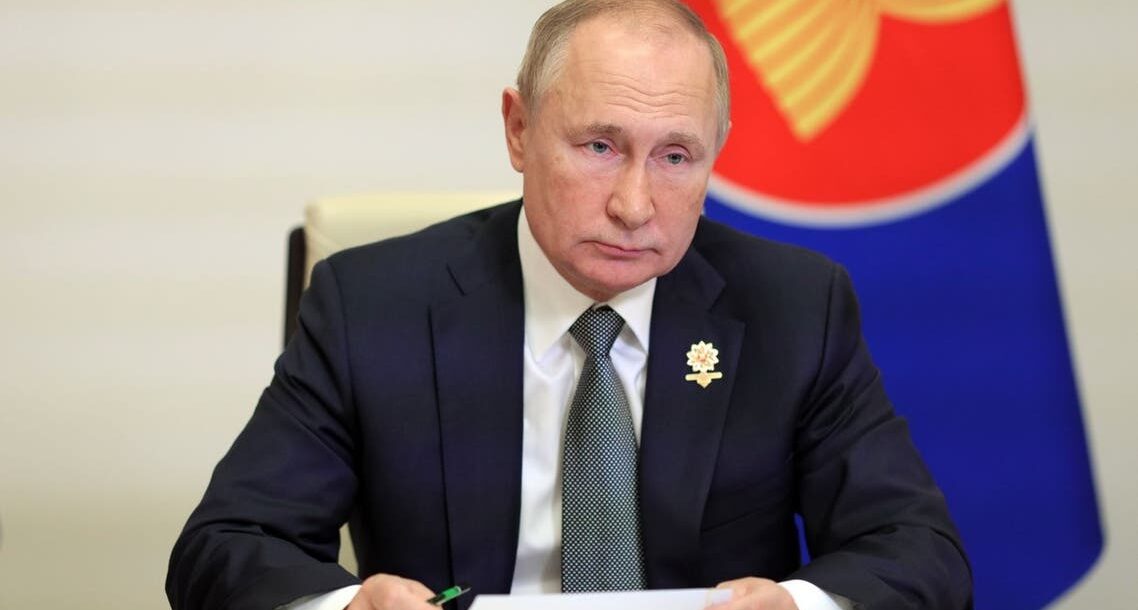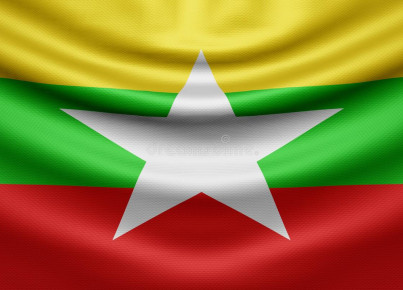Russia is paying more and more attention to South-East Asia, intensifying cooperation with ASEAN countries in diverse fields.
Russia and ASEAN countries have conducted their first naval exercise from the 2nd to the 4th of December 2021, in Indonesian waters, along the Strait of Malacca, one of the most important maritime routes in the world. For the exercise, Indonesia, Thailand, Singapore, Vietnam, Malaysia, Myanmar and Brunei deployed their warships and military aircrafts, while the Philippines participated as a virtual observer. This is the first joint exercise between ASEAN countries and Russia. On the other hand, individual states such as Indonesia in 2020 and Laos in 2019 have already completed military exercises with Moscow. Indeed, Russia and some ASEAN countries seem to have a strong link in the field of defence and security. Based on data for the period 1999 to 2019, Moscow is the first arms exporter to Southeast Asian countries. According to a report by the Stockholm International Peace Research Institute, 26% of all arms imported in ASEAN countries are supplied by Russia, while 20% by the United States.
In general, it should be highlighted that it is convenient for ASEAN countries to have a broad portfolio of suppliers in order to both strengthen their policy of non-alignment and avoid having a bad relationship with other supplier states. Connie Rahakundini Bakrie, an Indonesian military analyst from the Institute of Defence and Security Studies, described the joint exercise between Moscow and the countries of the Association of Southeast Asian Nations as a further sign of non-alignment of the ASEAN bloc. Indeed, over the years these states have sought to build a policy that would let them avoid taking sides between China, to which they are linked by close economic ties, and the United States, that are definitely a guarantee against any possible dispute given by the growing power of Beijing. With the exception of Laos, Cambodia and Myanmar, which are much more linked to China, the other ASEAN countries are building strong ties with Western countries.
The foreign policy of the ASEAN countries seems to be convenient also to Russia, which is paying more and more attention to South-East Asia. This bond is also proved by the upgrade of the relationship between Moscow and the ASEAN countries to a "strategic partnership" in 2018. In addition, the fourth ASEAN-Russia Summit was held in video conference on October 28th to celebrate the 30th anniversary of the relations between Moscow and ASEAN countries. This summit has also produced a Comprehensive Plan of Action to implement their strategic partnership. As stated by Richard Heydarian, Professor of History and Political Science at the Polytechnic University of the Philippines, Russia most likely sees South-East Asia as a strategic territory to promote a multipolar order and not a uni or bi-polar global order. Moscow certainly wants to undermine the global status enjoyed by the United States, but this does not imply that Russia wants to permit China to expand its control to regions that declare themselves as non-aligned, such as South-East Asia.
Vietnam is definitely the ASEAN state to which the Russian Federation is most closely linked. The friendship between the two countries has been also demonstrated by the visit of Vietnam President Nguyễn Xuân Phúc to Russia from November 29th to the 2nd of December 2021. The leaders of the two countries during this visit have produced a joint statement on their global strategic partnership and have also expressed their desire to both increase their cooperation on security and defence and to strengthen their trade and investment ties. The link between Hanoi and Moscow derives mainly from the similar political views of the two countries during the period of the Cold War. Vietnam is of strategic importance to Russia as it serves as a bridge between Moscow and the ASEAN bloc. On the other hand, Vietnam probably hopes that Russia will stem China’s claims in the South China Sea. However, it is unlikely that Moscow would sacrifice its relations with China for Vietnam.
Richard Heydarian also makes a very interesting point about the connection between Russia and ASEAN countries. Moscow, in fact, has another source of attraction for these countries: ideology. The politics that Putin represents is actually very attractive to some South-East Asian leaders who do not fully recognize themselves in the democratic systems of the United States and the European Union. Putin’s authoritarian, nationalist and populist policy seems to exert a particular soft power over some members of ASEAN. Finally, Russia has also applied the so-called vaccine diplomacy in many countries belonging to ASEAN. ASEAN countries, in fact, have greatly appreciated the intervention of Russia in response to the COVID-19 pandemic, also through the distribution of the vaccine "Sputnik V" in the area and the training of health experts.






